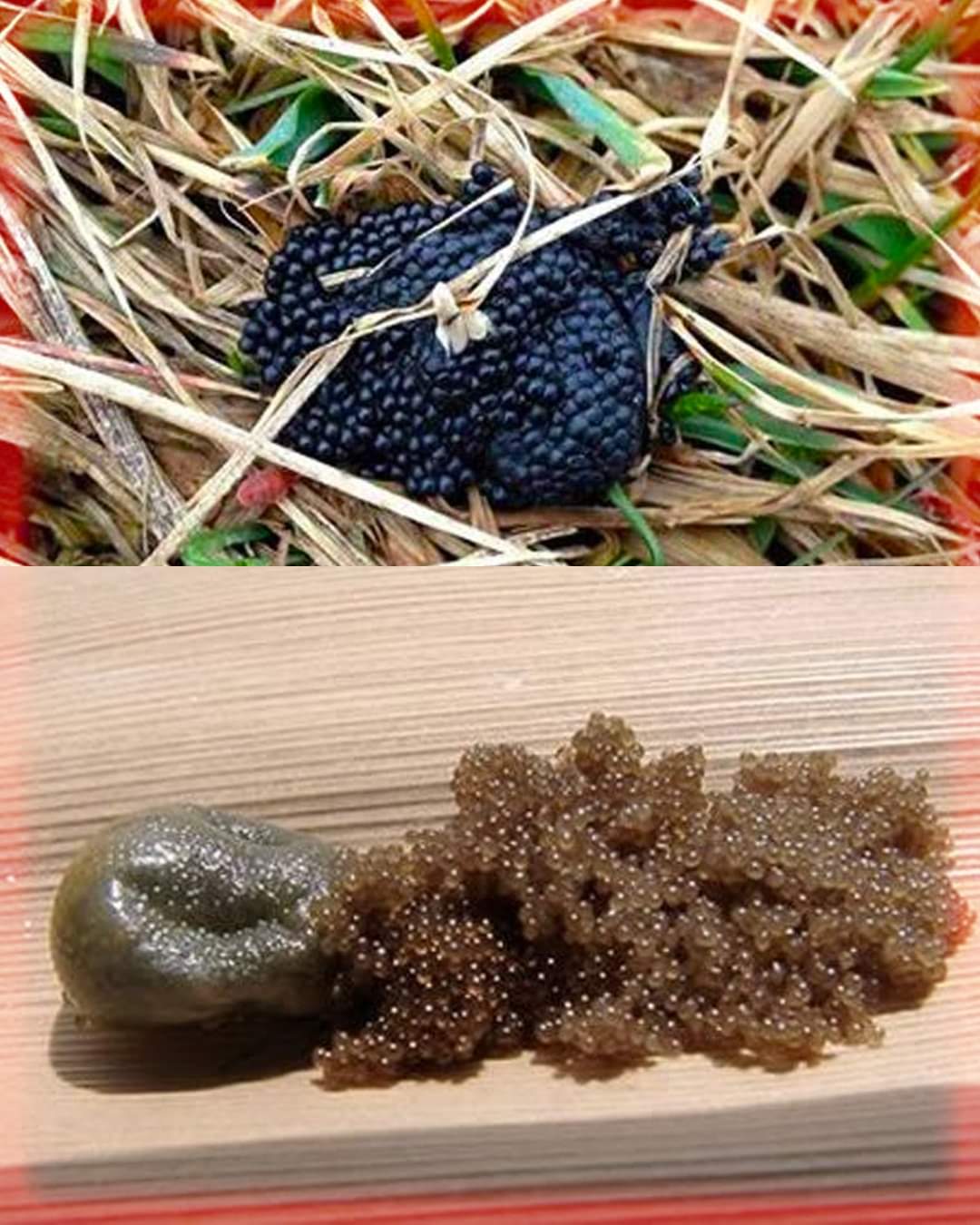The primary concern with tick eggs is the potential for them to hatch into larvae, which can carry diseases like Lyme disease and Rocky Mountain Spotted Fever. It’s crucial to handle tick eggs with caution to prevent the spread of these diseases.
Removal and Disposal of Tick Eggs
When dealing with tick eggs in your backyard, it’s recommended to consult with a professional pest control expert or a veterinarian for proper identification and guidance on tick control and removal. For individual ticks that have attached to skin, use fine-tipped tweezers to grab the tick firmly near its head or mouth and pull it away from the skin without jerking or twisting. After removal, dispose of the tick by putting it in alcohol, a sealed bag, or flushing it down the toilet.
Preventive Measures in Your Backyard
Continued on next page (page 3)👇
